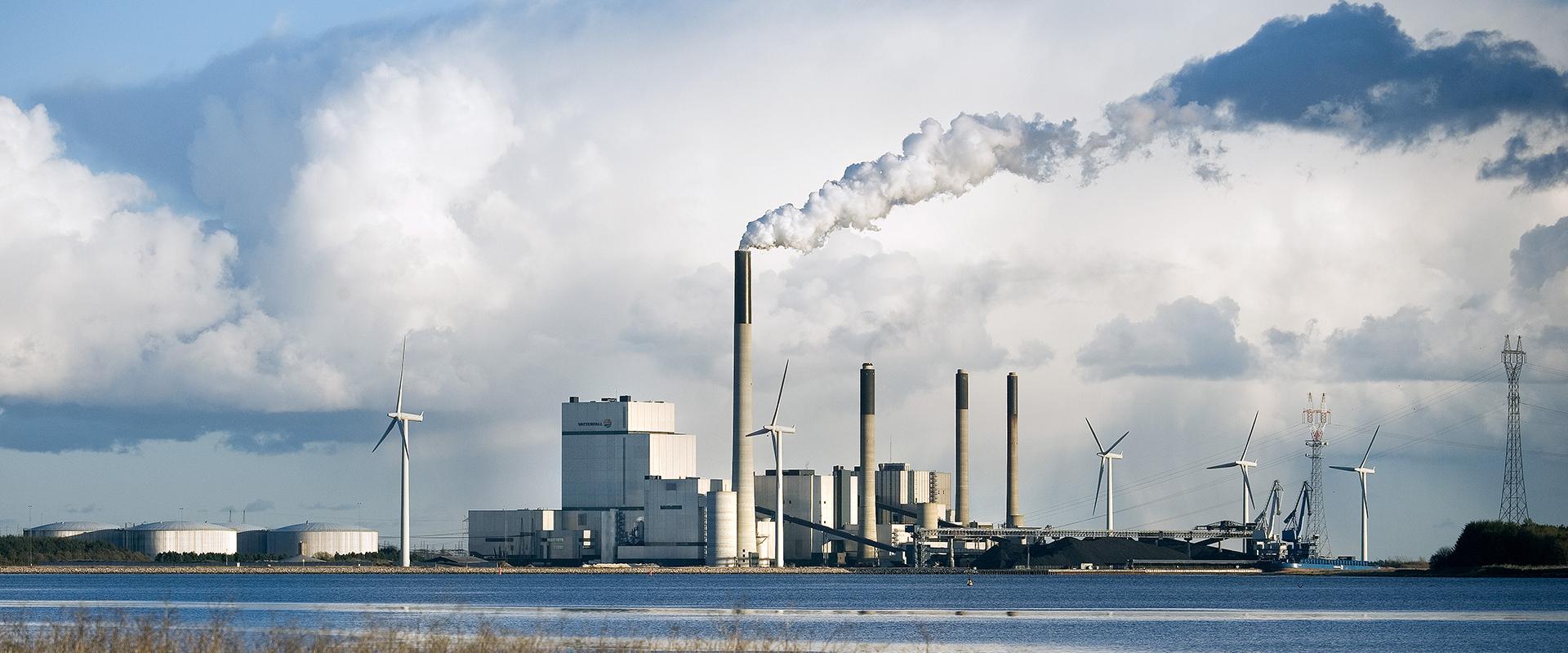By 2030, cities will have grown significantly in terms of surface area, but not only that. Cities are also being built underground and this growth is raising new issues related to the subsurface.
As geology is one of the keys to the future of urbanisation, European geological surveys are becoming institutions to which spatial planners must refer. The EuroGeoSurveys organisation works with geologists from all over Europe to share knowledge and help our cities become more resilient.
Urban geology: a major issue for the future of our cities
Transcription
Between 2000 and 2030, the size of cities triples. However, cities are expanding into the underground as well. This is increasing pressure on the utilization of the subsurface and leading to potential conflicts, or in worst cases, to irreversible changes, such as ground instability, pollution, degradation of the underground, alteration of the ground water, misuse of resources, destruction of geoheritage and risks to related geohazards. These changes can also harm the living environment on the surface through subsidence, sink holes, contaminated drinking water, soil quality, leading to higher costs of remediation and lower living standards. A lack of understanding and unknown underground conditions can cause complications during the construction works, resulting in significant cost overruns.
For most people, the subsurface is a grey zone without content. In fact, the subsurface consists of different heterogeneous geological units which also has benefits, such as energy storage. Old cities can have long and rich history of underground works, such as old mining shafts, tunnels, catacombs and old building foundations. What was once a resource such as mines is now a challenge and opportunity to support city growth and development. In addressing the targets of the sustainable development goals, urban development requires improve knowledge of the subsurface to meet the rising demands, to tackle future challenges such as climate change, urban growth and resource demands.
Geology has a key role in future urban planning: limit the conflicts, reduce the risks and lower the costs of urban growth in the subsurface. Geological surveys have knowledge in comprehensive geological archives, increase cooperation between geologists, urban planners, urban officers, and the public is beneficial for the sustainable city development to underbind resilience and create pleasant living conditions for the citizens. Each European country has a geological survey, a public office that holds the knowledge, experience and data for safe and sustainable development to make your city resilient.
Geologists from 24 European countries are already collaborating through urban geology expert group of the EuroGeoSurveys Organization to share knowledge and improve our capability, to provide best service for our cities in order to help them become more resilient.







